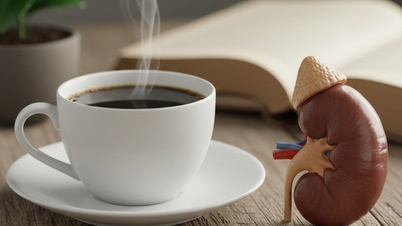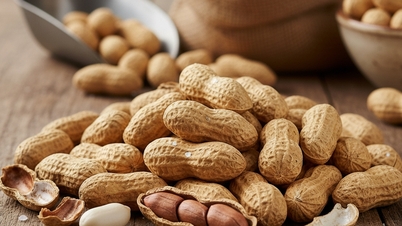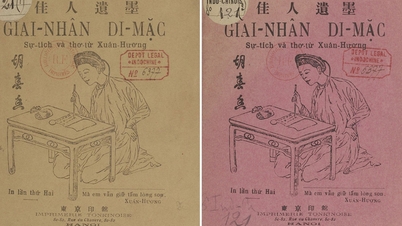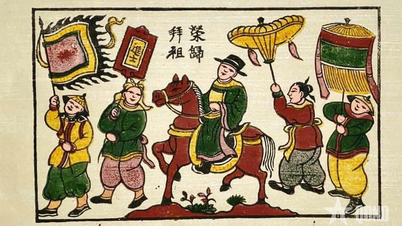Plaque buildup in blood vessel walls, blood clots, or narrowed blood vessels are common causes of poor blood circulation. This can lead to a range of health problems.
Poor blood circulation prevents blood from supplying enough oxygen and nutrients to the body's organs. Symptoms of poor blood circulation often appear first in the extremities because these are the furthest points from the heart, according to the health website Healthline (USA).

Frequent calf pain can be a warning sign of poor blood circulation.
Overweight and obese individuals, those with diabetes, those over 40, and those who are sedentary are at the highest risk for circulatory problems. Common signs of poor blood circulation include pain, numbness, tingling, or cold sensations in affected areas such as the hands, fingers, feet, and toes.
In addition, poor blood circulation can cause problems such as muscle weakness and pain when walking. Patients may also experience pale, sallow skin, a tingling sensation, chest pain, swelling in certain areas, and varicose veins.
Poor blood circulation, which means certain parts of the body don't receive enough blood, can lead to prolonged fatigue, difficulty concentrating, or an inability to perform daily activities effectively.
There are many causes of poor blood circulation. Those at high risk of reduced or blocked blood flow include people with a family history of atherosclerosis, smokers, or those currently suffering from conditions such as diabetes, high blood pressure, varicose veins, and obesity.
Smoking is a major health risk factor. The toxic chemicals in cigarettes damage blood vessels, increasing the risk of atherosclerosis. High blood pressure increases the pressure exerted on the walls of blood vessels. Over time, blood vessels become damaged, harden, and are more prone to forming blood clots and atherosclerotic plaques.
To improve blood circulation, experts recommend regular exercise, quitting smoking, and maintaining a healthy weight. Daily diets should reduce sugar, salt, and unhealthy fats, and increase fruits and vegetables. Stress management is also crucial. Stress causes the heart to beat faster, constricts blood vessels, and temporarily increases blood pressure. These are all factors that negatively impact blood circulation, according to Healthline .
Source: https://thanhnien.vn/dau-hieu-canh-bao-co-the-dang-luu-thong-mau-kem-185250111164734517.htm






































































































Comment (0)